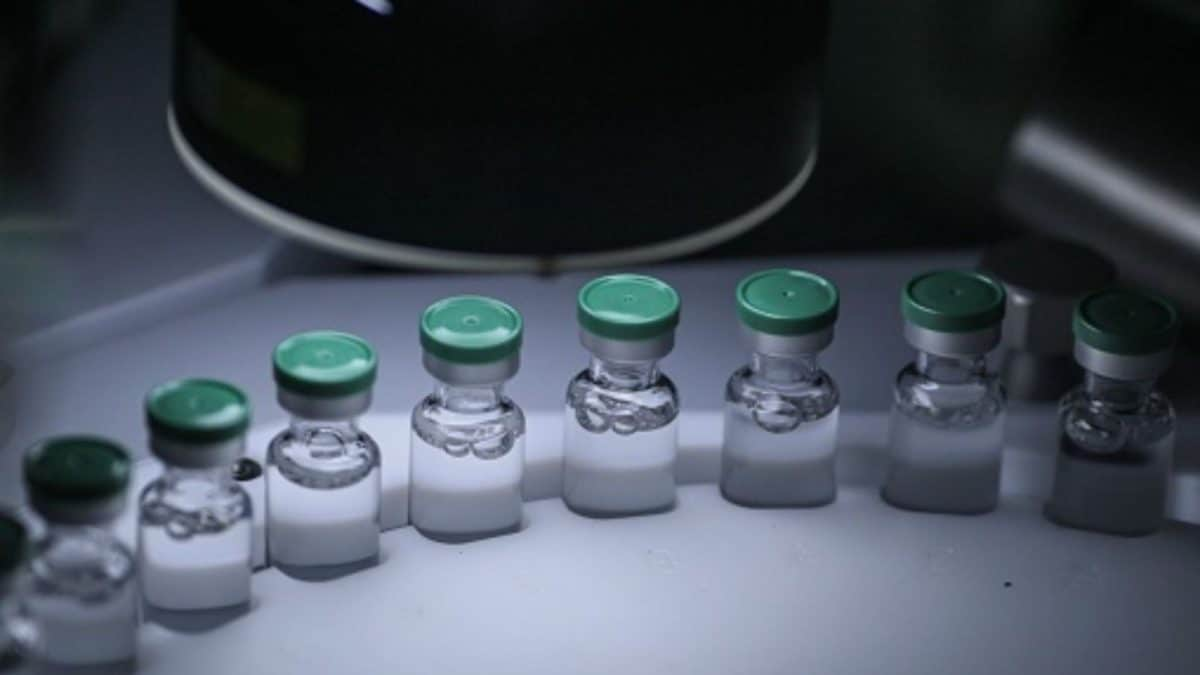Last Updated:
The decision is expected to ease regulatory burden for biopharma firms by cutting out duplicate approvals

Companies conducting Category I and Category II genetic engineering (GE) experiments—classified as low-risk—need not seek additional clearance from the Review Committee on Genetic Manipulation. (Getty)
Biopharma companies will no longer need to go through multiple layers of permissions to manufacture and test low-risk genetically engineered products. The Department of Biotechnology (DBT) has informed the drug regulator that approvals from Institutional Biosafety Committees (IBSC) will now be enough for filing applications, News18 has learnt.
DBT has simplified the regulatory pathway for biopharma companies by allowing approvals from Institutional Biosafety Committees (IBSC) to be accepted for manufacturing test items for examination, testing, and analysis.
Recommended Stories
In a document sent to the Drug Controller General of India (DCGI), the apex drug regulator of India, DBT said companies conducting Category I and Category II genetic engineering (GE) experiments—classified as low-risk—need not seek additional clearance from the Review Committee on Genetic Manipulation (RCGM).
“In case of Category I and II experiments, once the Institutional Biosafety Committee (IBSC) has approved the experiments, the same approval is sufficient for R&D purposes and no further permission is required from RCGM,” the order said. Categories of these experiments are divided depending on the risk levels.
“With this clarification, the IBSC approval shall be sufficient for submission of Form CT-10, and the requirement of additional RCGM approval is dispensed with for Category I and II experiments,” the document said.
What will the move mean?
The decision is expected to ease regulatory burden for biopharma firms by cutting out duplicate approvals. With IBSC clearance now enough, companies can move faster on low-risk genetic engineering research while maintaining biosafety checks.
“The move has been planned to cut down duplication in the approval process, reducing delays for biopharma companies engaged in research and development,” a senior government official said while explaining that by accepting Institutional Biosafety Committee (IBSC) clearances as sufficient for low-risk genetic engineering experiments, “the DBT has removed an extra layer of permissions which could speed up timelines for developing new therapies, lower compliance burden, and give firms greater regulatory clarity, while still maintaining biosafety oversight at the institutional level”.
About the Author

Himani Chandna, Associate Editor at CNN News18, specialises in healthcare and pharmaceuticals. With firsthand insights into India’s COVID-19 battle, she brings a seasoned perspective. She is particularly pass…Read More
Himani Chandna, Associate Editor at CNN News18, specialises in healthcare and pharmaceuticals. With firsthand insights into India’s COVID-19 battle, she brings a seasoned perspective. She is particularly pass… Read More
Loading comments…
Read More




